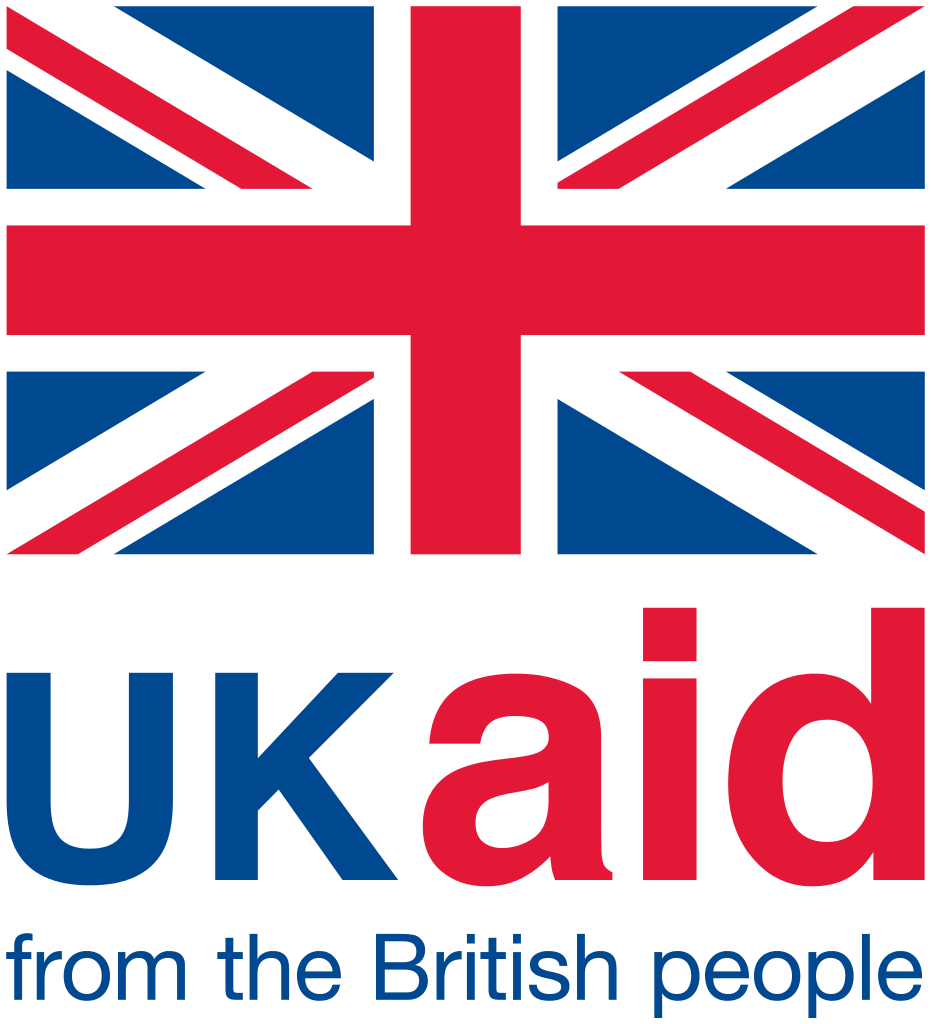
Introduced by Professor Bertie Squire, LSTM’s Seminar Series continued today with Sue Kinn, head of health research at the UK’s Department for International Development (DFID) and team leader for the Human Development team within the Research and Evidence Division. Sue was joined by Malcolm McNeil, a senior health adviser for DFID.
The Research and Evidence Division’s mission is to identify and generate the best evidence, knowledge, technology and ideas to improve the effectiveness of development and convey this to inform and influence policy, programmes and practice for poverty reduction.
The Division’s Human Development team commissions and manages a portfolio which includes research on communicable diseases, health systems, reproductive, maternal and child health and non-communicable diseases. A new emerging area of wealth creation and economic growth has recently emerged as a priority within DFID and a new directorate has been created to develop it further.
Evidence-based research is vital to inform current and future decisions concerning the allocation of support for development, making those interventions as effective as possible. The key aim for the Secretary of State is to make DFID more systematic in using evidence and thereby have more development impact, reflecting a much greater focus on performance-based aid, supported by detailed evaluation, measurement of impact, demonstrating value for money and sustainability.
“Without research - development will go backward”
DFID views research as a development intervention to produce evidence to address the challenges of poverty reduction. That evidence needs to inform policy and practice as quickly as possible to reduce poverty and improve health.
Increasingly development organisations are required to work with a broader range of partners, across the public and private-sectors. DFID strongly encourage collaborations between institutions in the north and developing countries, resulting in sustainable capacity development.
Sue and Malcolm shared their experience and advice on how to develop strong funding proposals, encouraging researchers to directly address the priorities outlined and not to be overly ambitious in budgeting or in projected outcomes. Appropriately skilled people in the right roles, from appropriate partners will avoid some of the application pitfalls. As will having a research uptake strategy, something that was flagged up as being a key strength of LSTM.
DFID is LSTM’s second largest funder, with the Effective Healthcare Research Consortium, the Centre for Neglected Tropical Diseases, the ReBUILD Consortium, IVCC and Making it Happen, amongst those receiving funding from DFID.
More information on DFID funded research can be found at the research for development website.